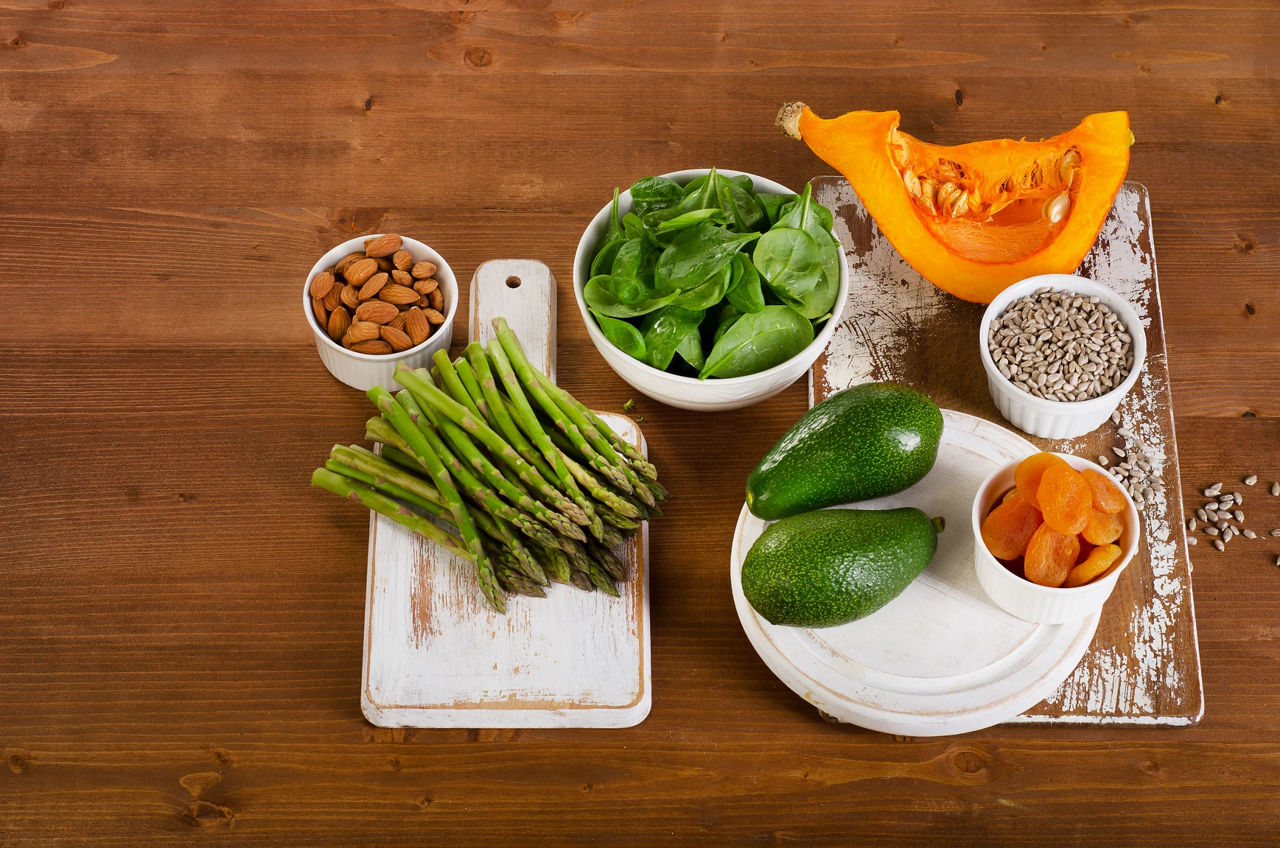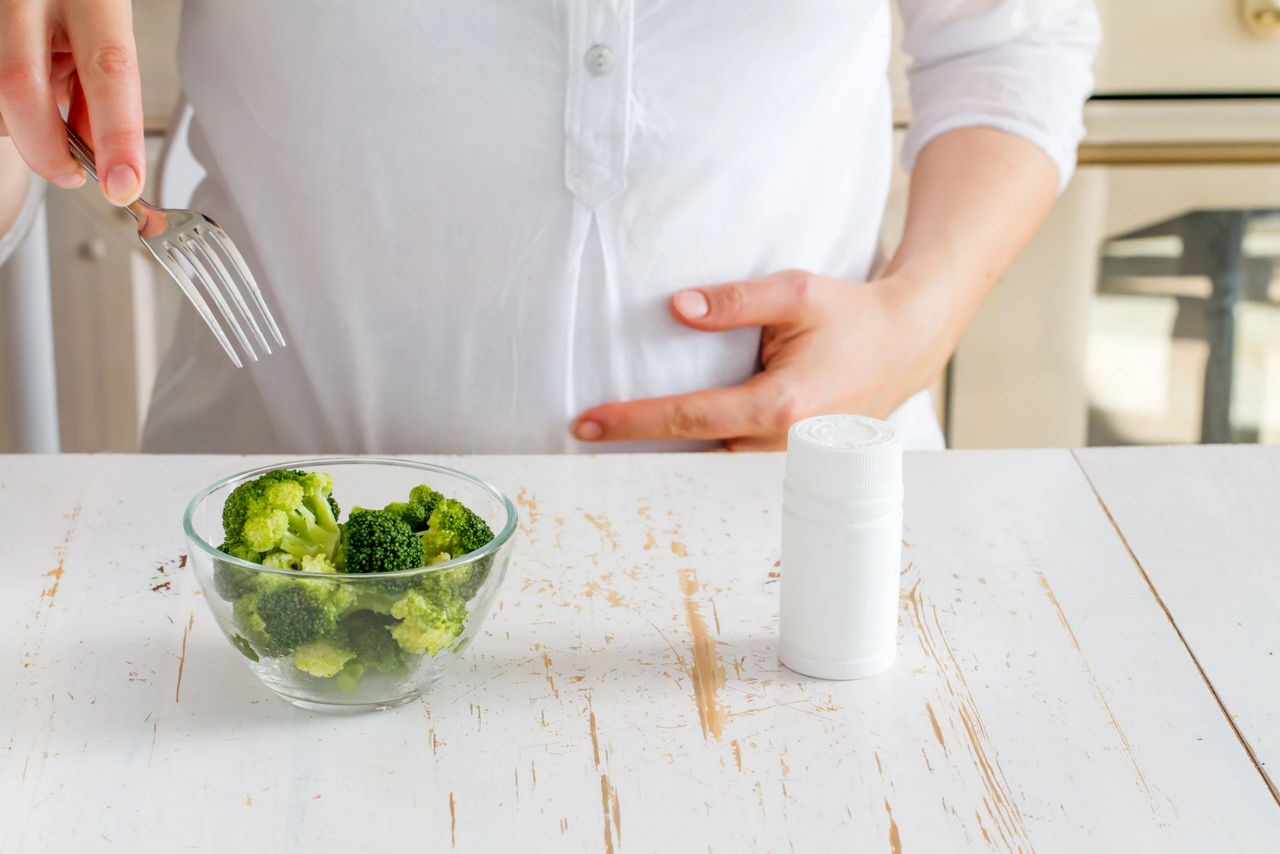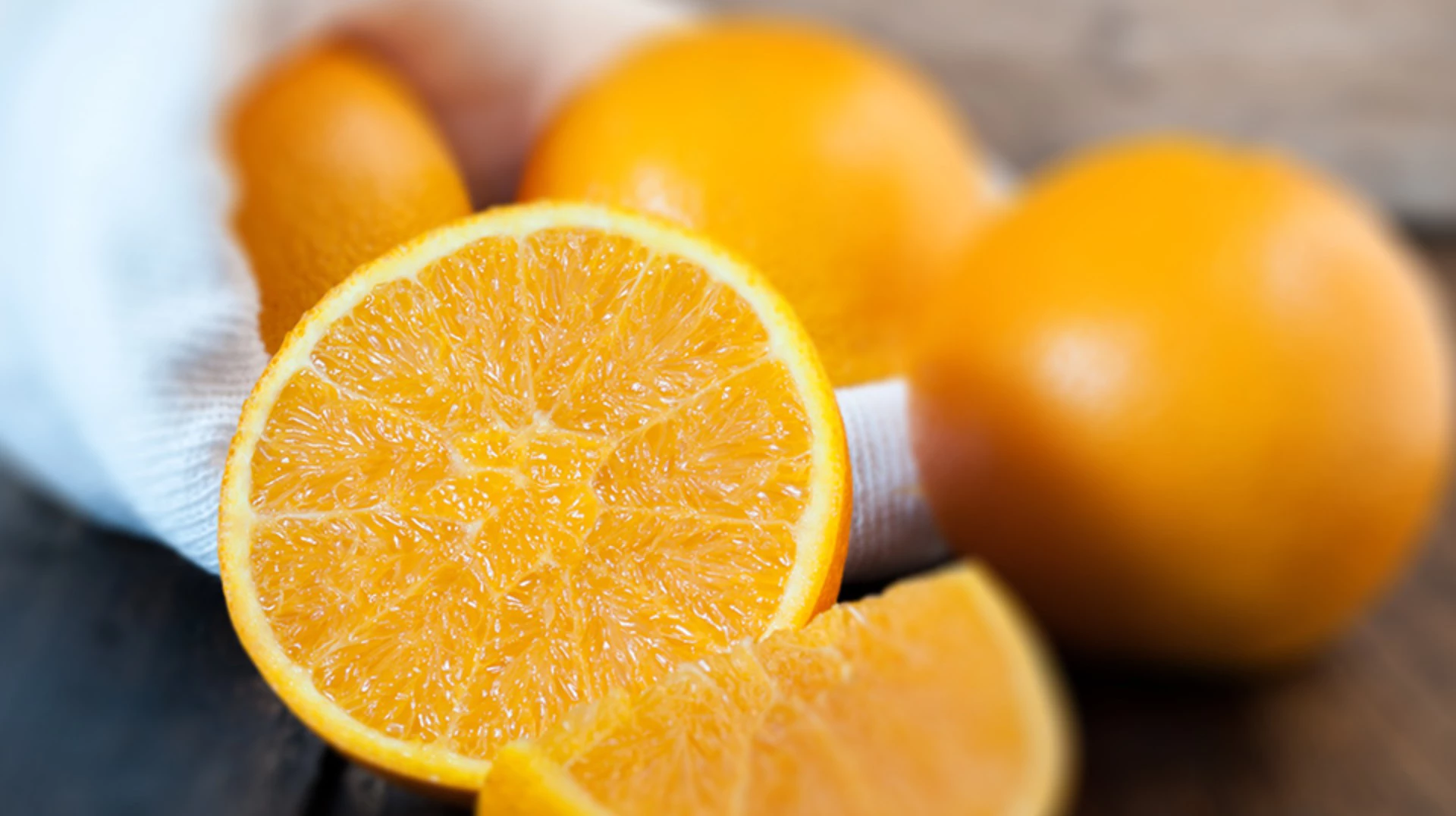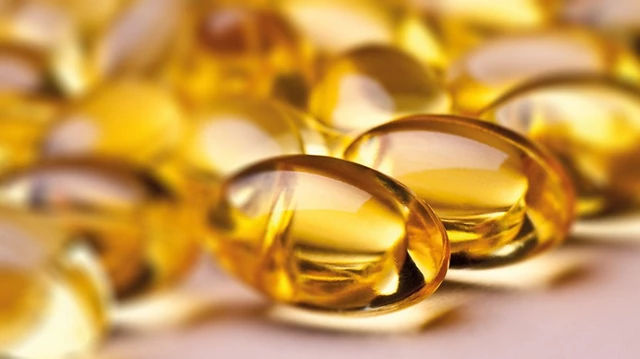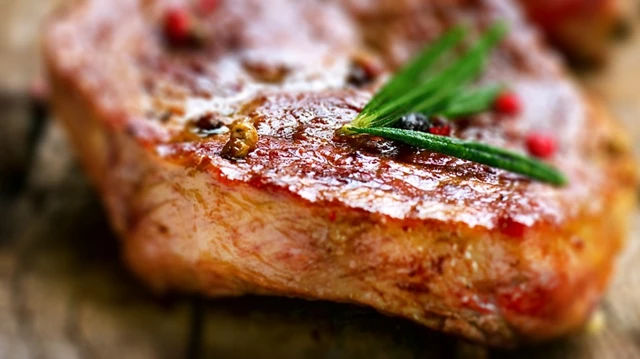Vitamin E is a vital nutrient for the human body. As well as helping to maintain healthy skin and eyes, it also supports your immune system to do it’s job of protecting you from infection and illness1.
But what about vitamin E in pregnancy? How can it support your body and your growing baby?
Here we’ll look at why vitamin E in pregnancy is so important, how it can impact pregnancy outcomes, and how you can make sure that you’re getting enough as part of your healthy pregnancy diet.
